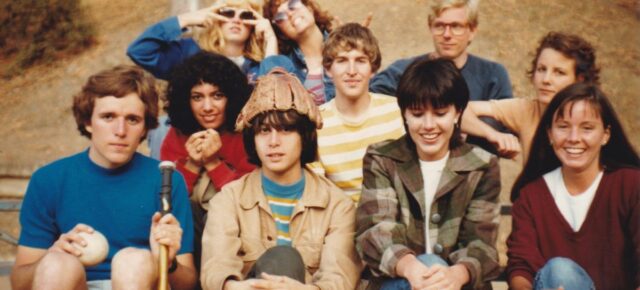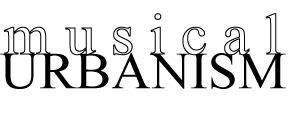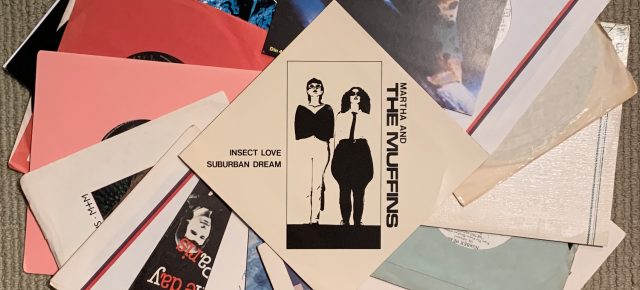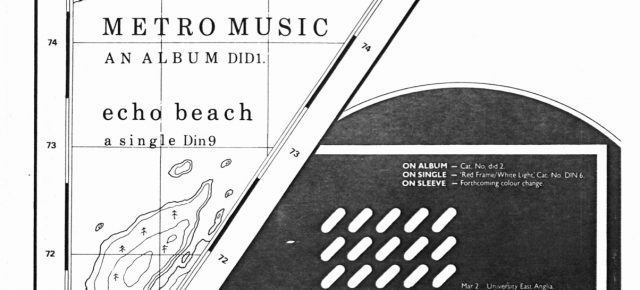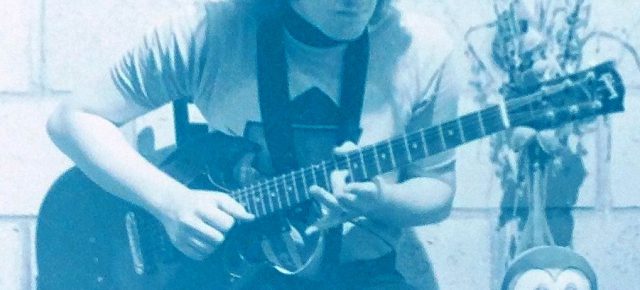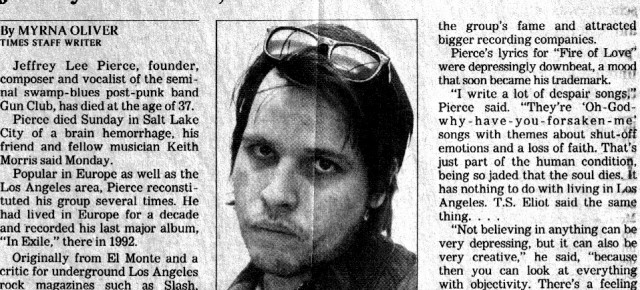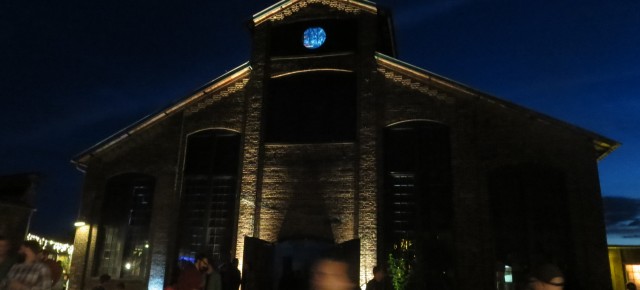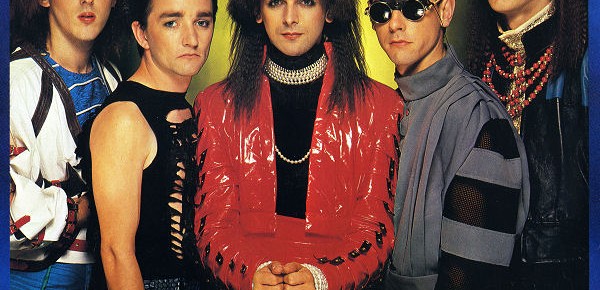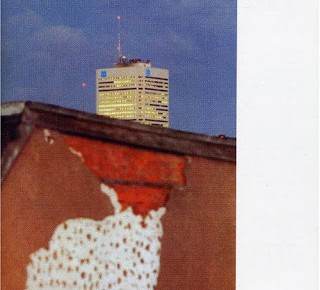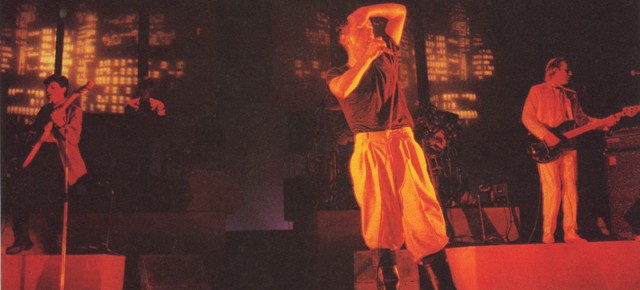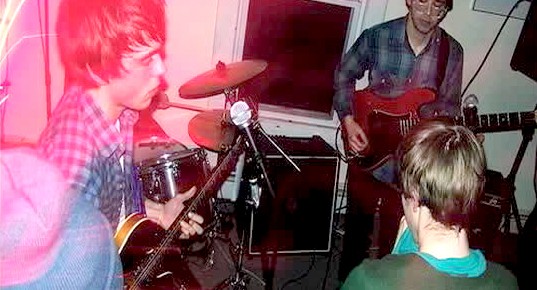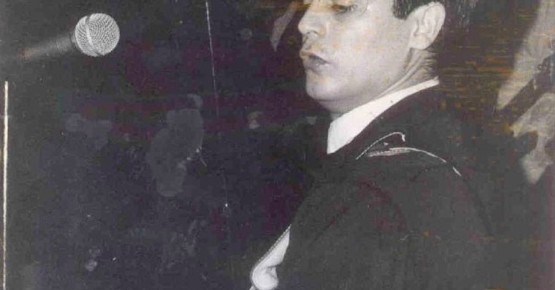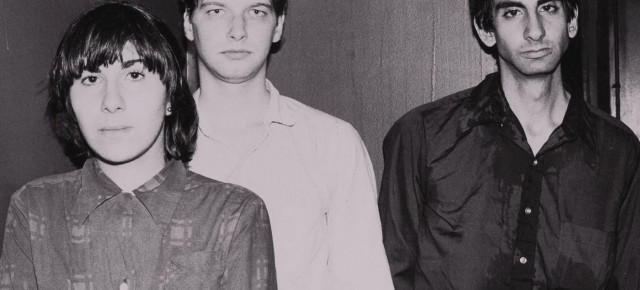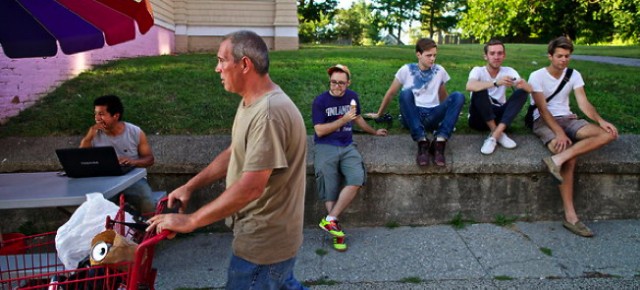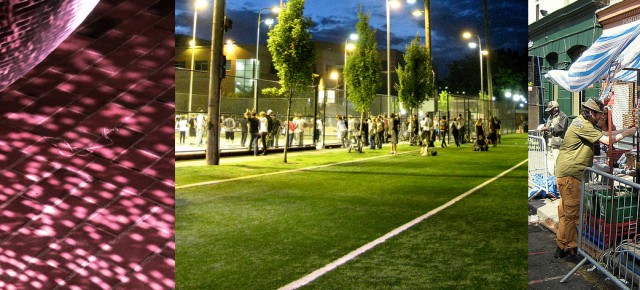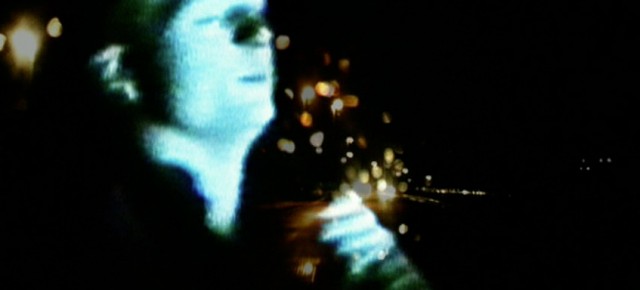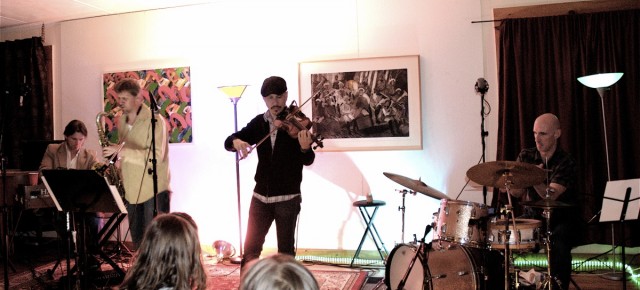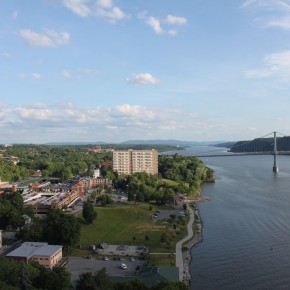
[This is the extended version of an essay that will be drastically reduced (1500 words?!?!) before it’s published in a new Vassar College faculty journal. For a change there’s no mention of music, although readers might notice how this discussion adds context to my other posts on music and the Hudson Valley.] In Urban Studies courses...
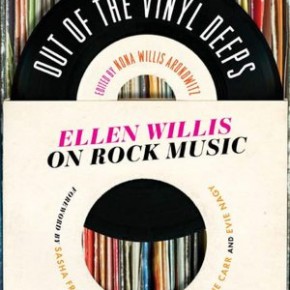
In 1979, the late great music critic Ellen Willis gave a brief yet compelling explanation for how rock and roll sounds like the city, writing about “rock-and-roll’s oldest metaphor for modern city life—anarchic energy contained by a tight repetitive structure.” Her formulation has two components. First, rock and roll functions as metaphor, not the lyrical...
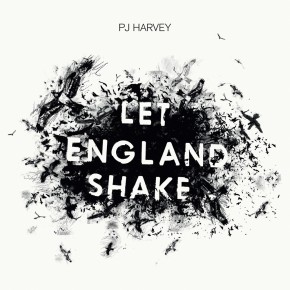
What business does a blog like this have releasing its own end-of-year music list? Well, over any given year I find myself idly speculating about how this new album might compare to this one, and how well that new record will stand up by December. A habitual consumer of other people’s lists, I can’t really...
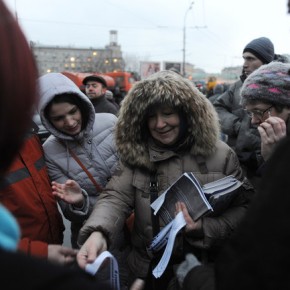
Maria came to the Kremlin demonstration wearing her designer eyeglasses. Does that explain why she protests? Many commentators have pointed out how after big American news media (many of them regularly accused of liberal bias) refused to report on Occupy Wall Street for several weeks, they then often sought to explain the movement by characterizing...

Cities shape music, we know, but how does music shape cities? To be specific, how can a DIY music industry heat up urban economies, enliven public spaces, foster local idioms and local traditions of artistic practice, and even create jobs? This question suggests the policy criteria adopted by creative-city analysts, as well as the legacy...
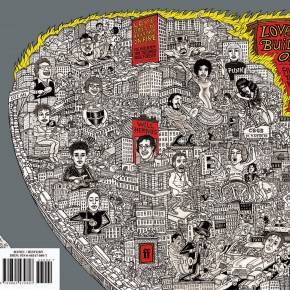
New York music doesn’t lack for good books. Nor does the history of 1970s New York. The intersection of these two subjects has been so worked over in the past ten years, it would seem any worthwhile new title would have to move on to fresher fields. So it’s utterly remarkable how Will Hermes’ book Love...
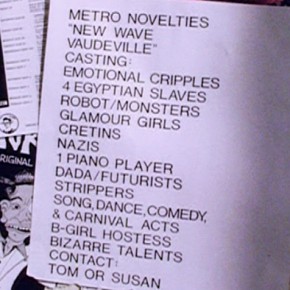
My last post introduced an imaginary sub-genre that I call new wave rent party and covered the basics of its aesthetic principles and historic urban context. Here, I continue that discussion with some more material from 1977-81 era. Well, maybe a couple of years further on as well—the sub-genre went on a few more years past its historic sell-by...
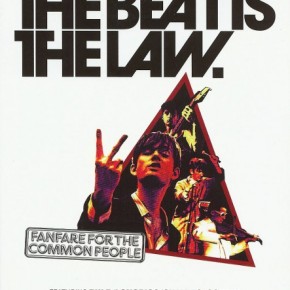
Something left unelaborated in my review of Echotone (from the last two posts: here and here) is a larger uneasiness with the instrumentalization of independent or underground music — the reduction of pop music culture from an end in itself to a means for other ends. Although this isn’t a new critique of post-punk music (i.e., music groups inspired...
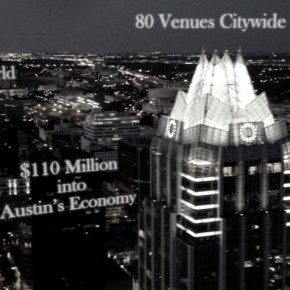
[This is the second part of my review of the documentary “Echotone” (2010, dir. Nathan Christ). For the first part, go here.] Technically, no one in Echotone ever says the phrase “creative class.” However, the filmmaker’s marketing materials invoke it regularly, starting with the DVD’s back-cover description: “Echotone is a cultural portrait of the modern American city examined through...
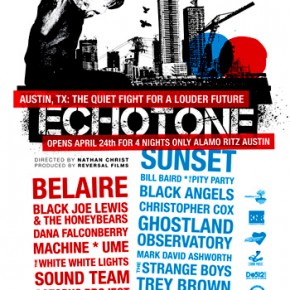
A 2010 documentary that just graduated from the film festival circuit to DVD,Echotone captures the Austin music scene at a moment of transition. The film is a pleasure to watch and listen to, with great photography, fantastic sound (plus great sound editing, not something I usually notice), and an effective yet easy-going narrative style mercifully free...
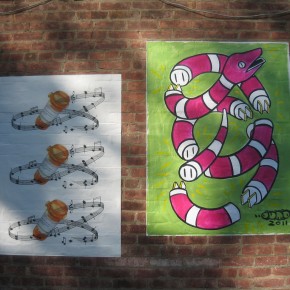
O+ Festival, Kingston, NY, a set on Flickr. I caught a bit of the scene over the weekend at Kingston, NY’s second annual O+ Festival, a “festival of art, music and wellness… wherein artists barter their contributions directly for medical, dental, and other wellness services from art-loving health care providers.” Admittedly, I missed almost all...

I’m still thinking about “The Other F Word,” Andrea Nevins’ new documentary about punk rock musicians who became fathers, since I saw it a week and a half ago at the Woodstock Film Festival. Featuring the dads who play in Pennywise, NOFX, Blink 182, Rancid, Bad Religion, Black Flag, Rise Against, U.S. Bombs, and Fear (represented by...
